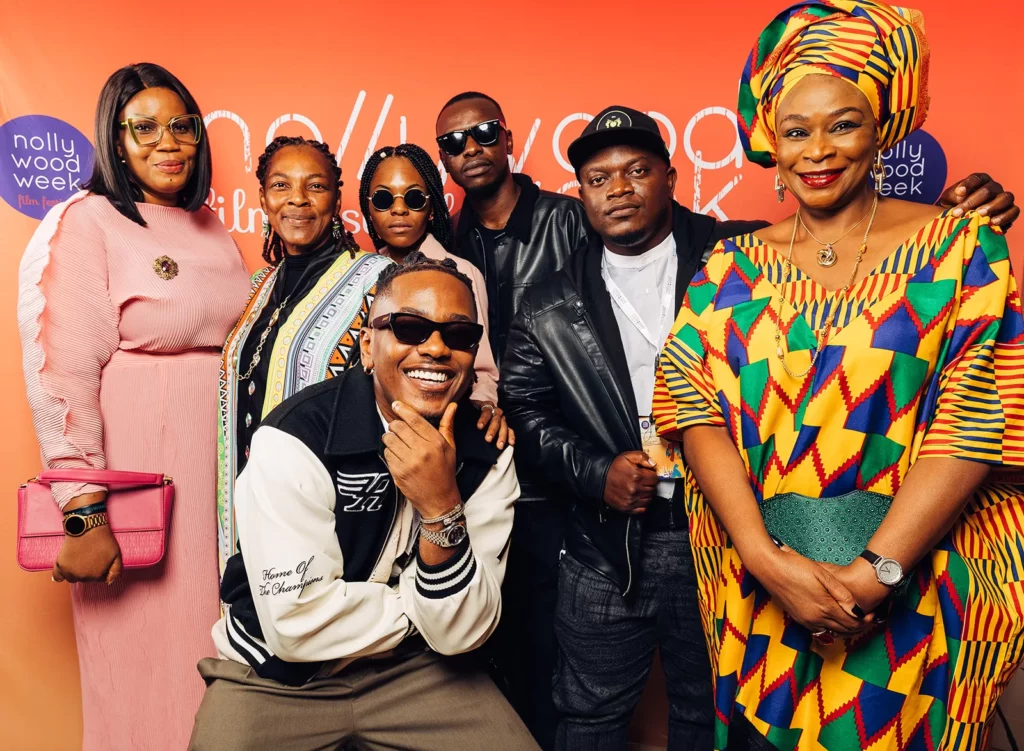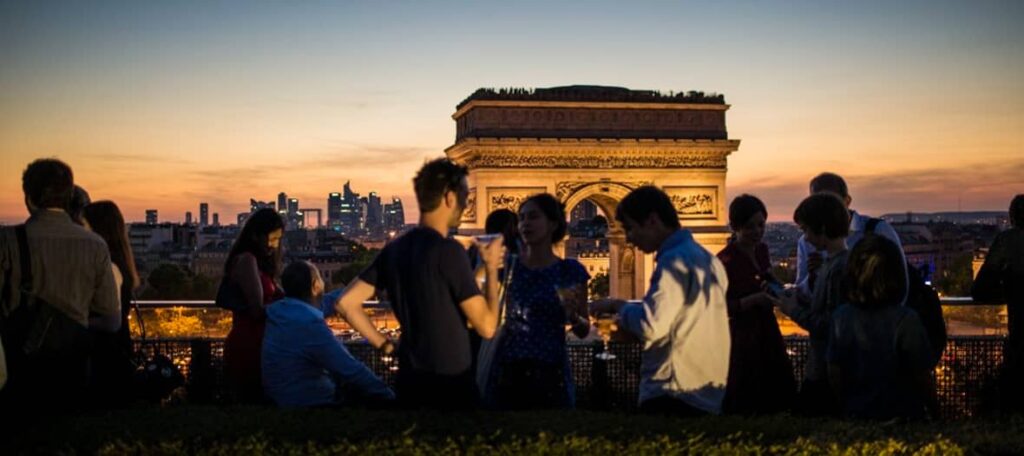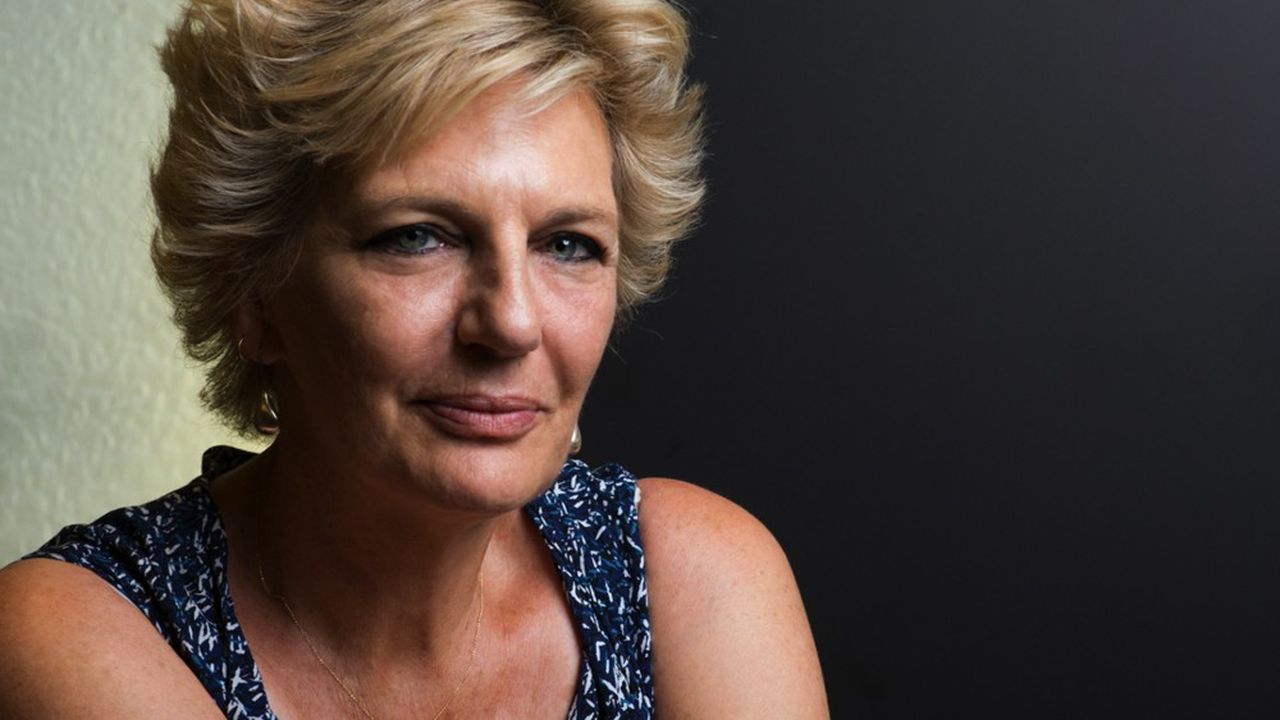With emotion and gravity, the Champs-Élysées Film Festival announced in June 2025 that it was coming to an end, after fourteen years devoted to the defense of French and American independent cinema. The news had the effect of an earthquake in the Parisian cultural landscape. But beyond the emotion it aroused, its demise reveals a deeper reality: film festivals, even those with a high profile and media profile, operate in an increasingly fragile ecosystem. And for African festivals organized in France, this fragility is nothing new – it’s structural, systemic, and often silent.
In France, over 450 film festivals are organized every year. Yet only a handful of them enjoy sustained public support. The majority operate on modest budgets, sometimes under 100,000 euros, far from the standards required to stage an ambitious event. Expenses are rising – security, fees, logistics, digital ticketing – while public funding is dwindling. Against this backdrop, the imbalance between “heritage” festivals and emerging or Afro-diasporic festivals is widening, to the point of suffocation.

African film festivals in France operate in this gray area between symbolic recognition and political invisibility. Yet events such as the Nollywood Film Festival Paris, L’Afrique Fait Son Cinéma, Africlap and Clap Noir play an essential role in discovering talent from the continent and the diaspora, building cultural bridges between Africa and Europe, and contributing to the diversity of imaginary worlds in France. But these festivals suffer from a triple glass ceiling: unequal access to public funding, often peripheral or precarious screening venues, and an identity assignment that hinders their universality. All too often, they are perceived as community initiatives, even though their content is aimed at everyone.
The Nollywood Film Festival Paris, for example, promotes one of the world’s most dynamic Nigerian industries. It attracts loyal audiences, mobilizes producers and distributors, and shows that African stories can resonate far beyond the diaspora. And yet, despite its impact, it is struggling to achieve institutional recognition equivalent to that of more “legitimate” festivals, by traditional standards.
And yet, these festivals are strategic spaces. They are places of transmission, gentle diplomacy, training and visibility. Every screening is a political act. Every debate, a space for the construction of alternative narratives. Every edition maintained, a victory against erasure. The end of the Champs-Élysées Film Festival is a wake-up call for all players in the sector. But for African festivals in France, this threat hovers permanently in the air, amid general indifference.
Faced with these challenges, another mutation is taking place: the entry of artificial intelligence into the creation and distribution chain. For festivals with limited resources, AI can be a valuable resource. Automated creation of visuals, instantaneous translation of subtitles, communication assistance, moderation of hybrid events… these are just some of the uses already underway. While AI cannot replace the curatorial eye or artistic sensitivity, it can help to lighten time-consuming workloads, optimize the visibility of programming, and open up new immersive formats. But cultural players still need to make these tools their own, without losing their soul.

The future of African film festivals in France will depend not only on their ability to adapt, but also on the commitment of institutions to rethink their model. It’s time to recognize these spaces as levers of cultural diplomacy, poles of the creative economy and places of transcontinental training. This requires specific funding, editorial recognition, easier access to prestigious venues, and closer cooperation with African institutions, the Francophonie and diasporas. CEMAC, the African Union and individual member countries have a strategic role to play here.
Because when a festival dies out, it’s not just films that are lost. It’s voices, perspectives and possible futures that are lost. But when a festival persists, despite the obstacles, it becomes more than a cultural event: it becomes an act of resistance. In a world saturated with standardized images, independent African cinema, projected on French screens, is a breath of fresh air, a gentle insubordination, an invitation to think differently.
And it is precisely for this reason that it must be protected, supported and celebrated.



